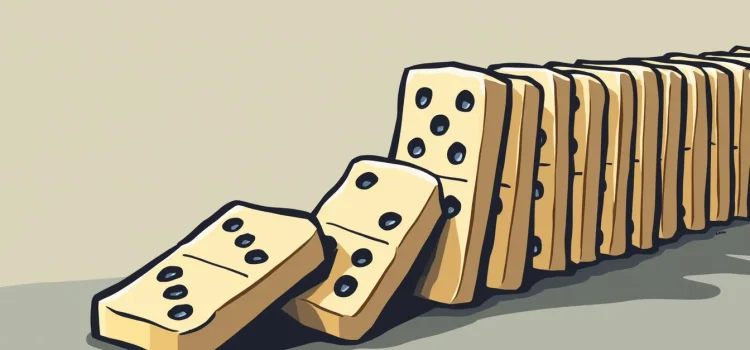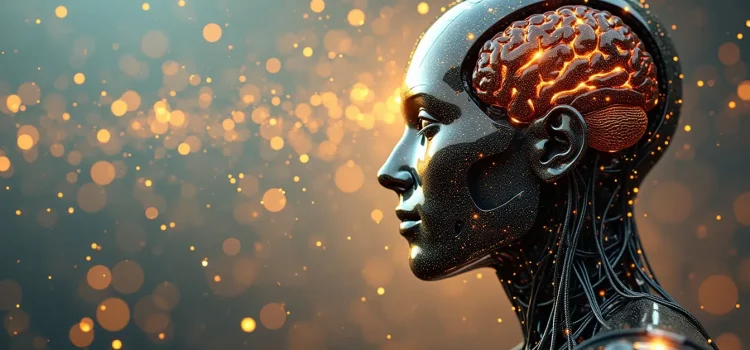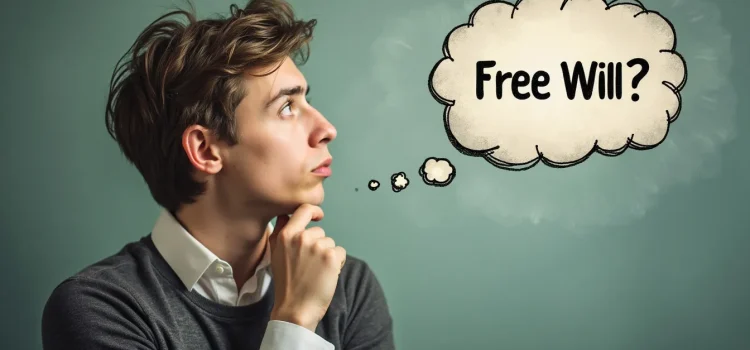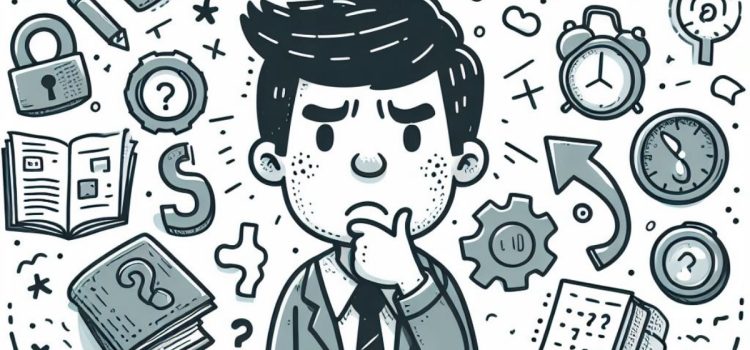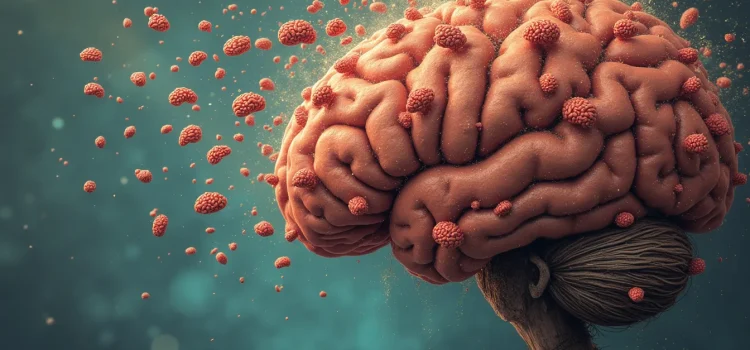How well do you understand the concept of free will? Do you believe that your choices are truly your own? In his book Determined, Robert Sapolsky explores the theory of determinism and its implications for human behavior. He lays out arguments against free will and shares how scientific advancements support his views on determinism. Keep reading to discover how Robert Sapolsky’s determinism theory challenges our understanding of personal choice and responsibility.
Robert Sapolsky Says Determinism—Not Free Will—Is Our Reality
